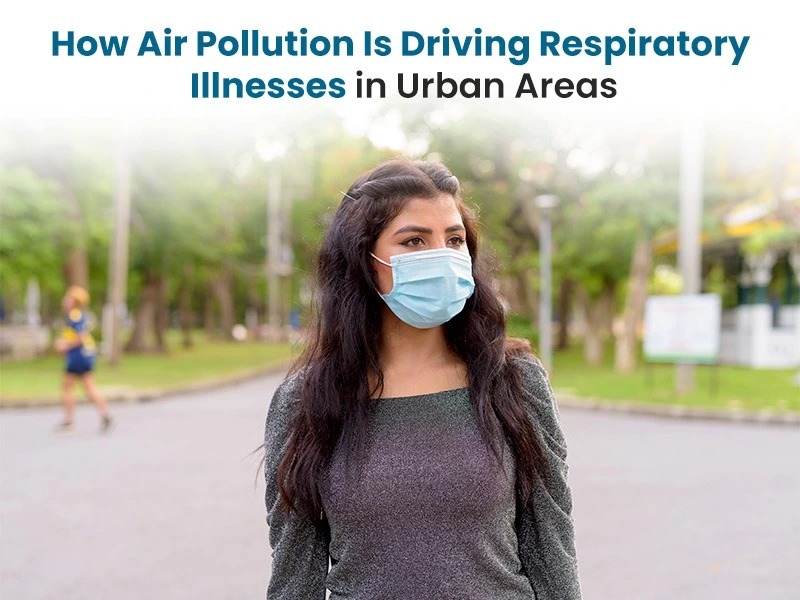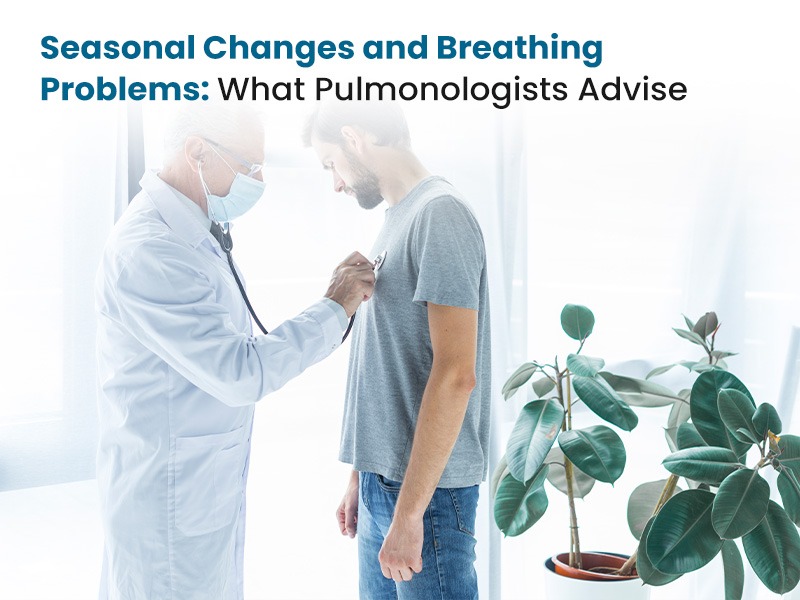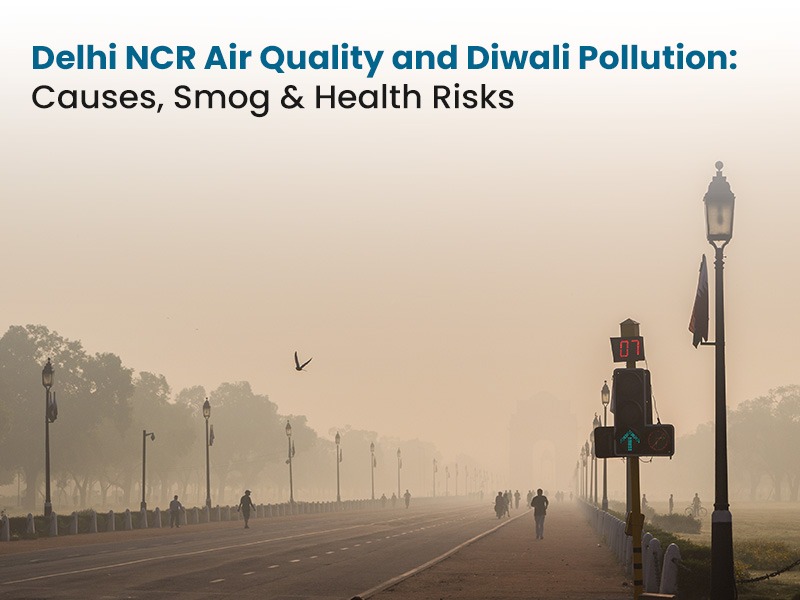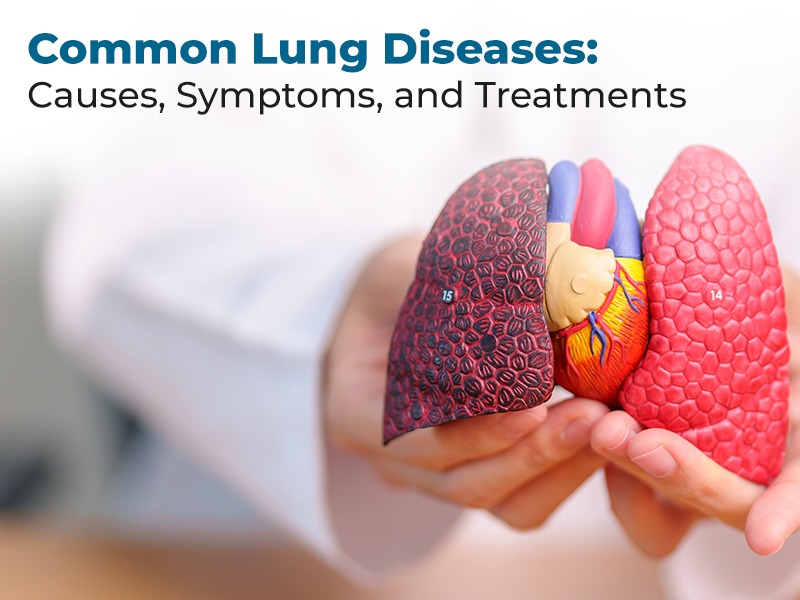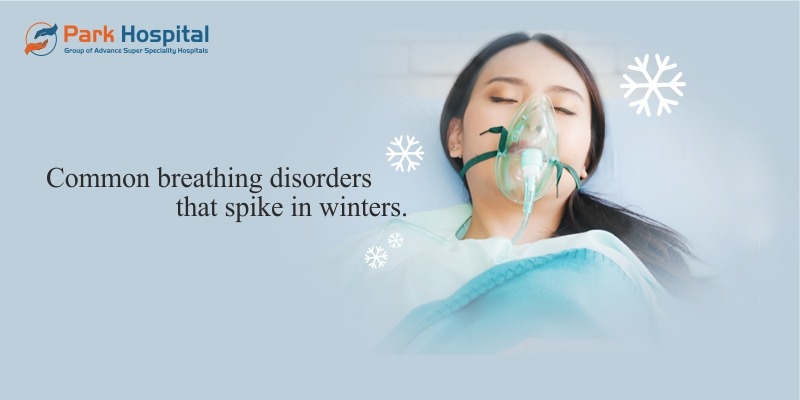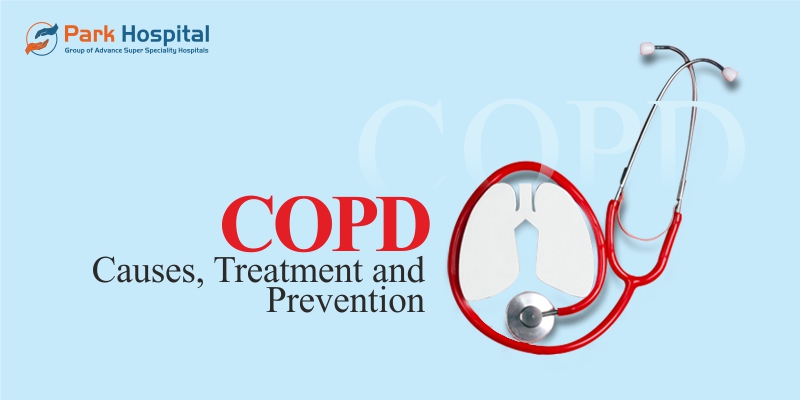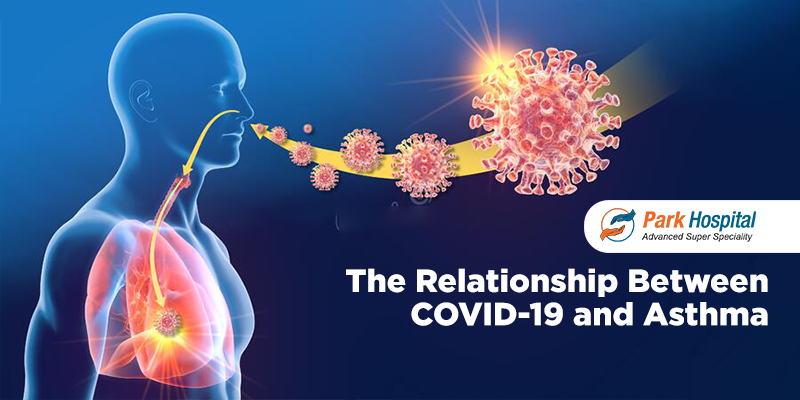In today's fast-paced urban life, we often overlook what we cannot see—the air we breathe. But the truth is, air pollution has quietly become one of the most serious health threats in cities around the world. The Air Quality Index (AQI) is a key indicator of air safety, and anything over 100 is considered unhealthy for sensitive groups. Shockingly, Delhi currently records an AQI of 164, placing it in the "unhealthy" category even for the general population.
Air pollution is no longer just an environmental issue; it's a public health emergency which demands both awareness and action. This blog explores how polluted urban air affects our lungs, who is most at risk, and what steps you and your family can take to stay protected—with guidance from the expert care team at Park Hospital.
Respiratory Diseases Linked to Urban Air Pollution
With constantly increasing pollution in the air, respiratory issues become a byproduct of it, especially in urban areas where pollution exposure is way higher than in rural regions. Here are some of the major respiratory diseases you can possess in case of extreme and prolonged exposure to deteriorated air quality:
1. Asthma: As the best chest specialist in Sonipat suggests, asthma is one of the top respiratory issues you face when experiencing a polluted environment. Air pollutants such as PM2.5 and NO₂ act as triggers for asthma attacks. So, if you have asthma, make sure to avoid places with bad air quality index (AQI), and pay a visit to your doctor regularly to keep a close eye on your respiratory health.
2. Chronic Obstructive Pulmonary Disease (COPD): This condition can be the leading cause of issues such as chronic bronchitis and emphysema. These conditions can easily be triggered, especially in smoggy season, so it becomes extremely crucial to avoid stepping outside and installing air purifiers in your house.
3. Lung Infections: Polluted air is directly responsible for causing lung infections, which makes you more prone to pneumonia and bronchitis. At Park Hospital, their team of best Chest specialist in sonipat makes sure to diagnose you and help you in overcoming the challenges of these infections.
4. Lung Cancer: Yes, you read that correctly. Too harsh pollutants can also become a reason to cause lung cancer. Prolonged exposure to contaminants, such as PM2.5, has been classified as a Group 1 carcinogen by the World Health Organization (WHO). This gives us enough evidence to make the statement that even non-smokers can face the challenges of lung cancer.
5. Allergic Rhinitis and Sinusitis: You can also become prone to getting sinusitis and rhinitis, which are allergies triggered due to poor air quality. The best Chest specialist in sonipat explains how its symptoms include chronic sneezing, nasal congestion, and headaches.
Understanding Who Is at Higher Risk
After learning all the potential diseases one can attain due to pollutants, it is a given that even non-smokers are at risk here. Let's get a thorough understanding of who else is at higher risk. Children and the elderly people of our society are automatically at risk due to weakened immune systems, which struggle to fight against the effects of pollutants. Along with them, people who already have pre-existing breathing issues need to be extremely careful before stepping into a region which has intense pollution. Furthermore, pregnant women become at higher risk of facing issues regarding breathing as pollutants can leave an impact on not only the mother but also the fetus growing inside of her. It can further create complications in the overall health and well-being of the baby, and hence, the proper measures are required.
Practical Steps to Safeguard Yourself
There are a number of steps you can take in order to take care of yourself and the ones you love. Here are some of the most common steps one can take, as suggested by the best chest specialist in Mohali:
● You can begin by installing air purifiers in your house to cleanse the air around you constantly.
● You can buy houseplants as they show significant signs of natural improvement in air quality.
● Limiting outdoor activities can genuinely make a massive difference to your overall health and well-being.
● Eating better and healthier can lead to stronger lungs, which can fight against pollutants. An antioxidant-rich diet and adequate hydration can genuinely make a difference.
● Visiting doctors regularly to keep a close eye on your overall health can help you detect any respiratory issues early on so the right initiatives can be taken to deal with them.
Addressing Air Pollution as a Critical Component of Respiratory Health Management with Park Hospital
Air pollution is no longer a distant environmental issue—it's a daily, invisible threat affecting the lungs and lives of millions, especially in our cities. At Park Hospital, we see the real stories behind the statistics: children struggling to breathe, elderly patients battling chronic conditions, and families facing repeat hospital visits that could have been prevented.
But this is not a battle we face alone. You can reduce your risk and protect yourself along with the ones you love easily by staying informed, making simple lifestyle changes, and seeking early medical guidance at Park Hospital. Additionally, we all should focus on fostering an environment which is cleaner and healthier for us to breathe and live in.
Park Hospital, with its team of best Pulmonologists in Delhi is more than just a healthcare facility which works for your betterment—they're your partner in well-being. From highly advanced respiratory care to community outreach, their mission is to focus on one thing, which is to help you breathe easier, live healthier, and thrive no matter where you live or what challenges you face.
Because in the end, clean air is not a luxury—it's a fundamental human right. And every breath counts.
Also Read About:

